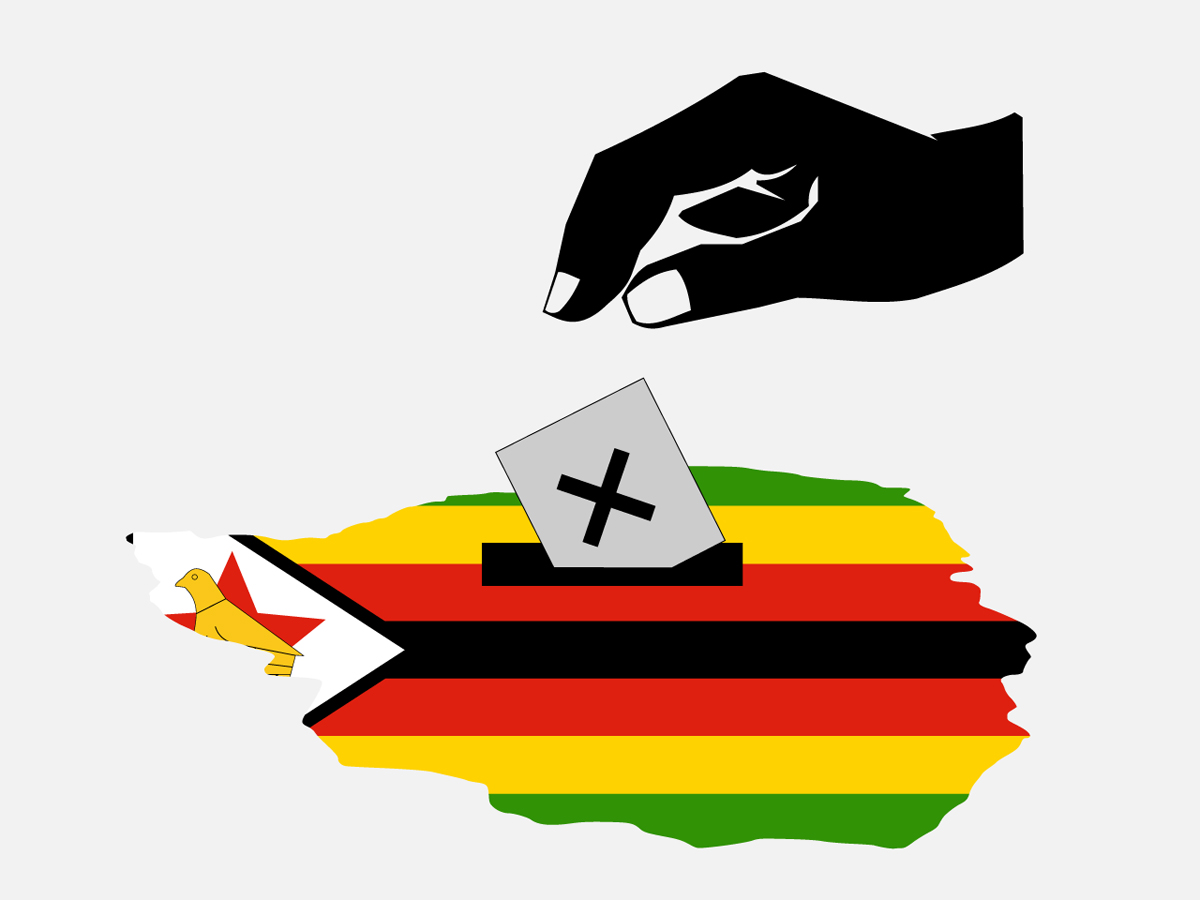By Brighton Muronzereyi
THE United Nations has guaranteed to support Zimbabwe’s harmonised elections set for 2023 before urging Zimbabweans to choose non-violent options to ensure a peaceful outcome of the plebiscite.
The pledge was made by UN resident and humanitarian coordinator Edward Kallon, at an event to mark UN’s belated 77th anniversary in Harare on Monday.
“As the country gears towards the harmonised elections in 2023, the United Nations will continue to support the government and the people of Zimbabwe to strengthen participatory democracy and promote dialogue to ensure a peaceful outcome,” he said.
Kallon told government ministers and senior opposition leaders gathered for the event to engage in dialogue as this contributed to peaceful co-existence. “A commitment to safeguard ‘peace’ is the enabler of all other development aspirations. Every Zimbabwean should cherish and promote peace as there can be no development without peace and no peace without development.
“We must reject the temptation to indulge into violence, noting that non-violence is not a sign of weakness. It is rather the noble, the brave and the caring who choose the non-violence options to dialogue, negotiation and mediation that can effectively contribute to peaceful co-existence and prosperity in any society.”
He added that a conducive policy environment premised on removing all inequalities, upholding the rule of law, engendering respect for human rights and gender equality, and upholding basic democratic tenets were a critical prerequisite for sustainable development.
Meanwhile, Kallon said the UN would mobilise US$2.8 billion for Zimbabwe’s National Development Strategy 1 (NDS 1). “The UN through the Cooperation Framework aims to mobilise US$2.8 billion to support the implementation of the National Development Strategy with a focus on four pillars — Peace, People, Planet and Prosperity.
I believe this will drive transformative, inclusive, and sustainable development, economic growth, gender equality, climate action, and human rights,” he said.
However, Kallon said Zimbabwe should not rely on a system centred on official development assistance (ODA) without its own resource mobilisation and national ownership. ODA is defined as government aid that promotes and specifically targets the economic development and welfare of developing countries.
“Over the years, it has been demonstrated that traditional development assistance in the absence of effective local resource mobilisation and national ownership is not enough to achieve sustainable development.
We cannot rely on a system centred on aid and ODA. “We must convince partners to look at root causes and scalable solutions using ODA to leverage and signal that countries are good investments.” The top diplomat said this can be achieved by strong, efficient and accountable institutional mechanisms for service delivery, including an efficient public fiscal management system with robust regulatory mechanisms and quality health and educational services.
“In addition, creation of employment opportunities, especially for youth and women, is a critical driver for poverty alleviation.




